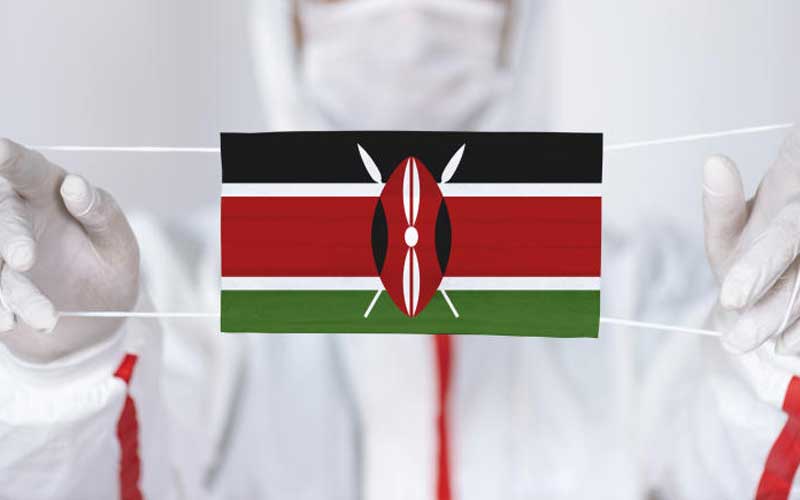×
The Standard e-Paper
Stay Informed, Even Offline

Daily statistics from the Health ministry continue to show a rise in the number of Covid-19 infections. On the positive side, however, we continue to register recoveries and mercifully we have had few deaths so far.